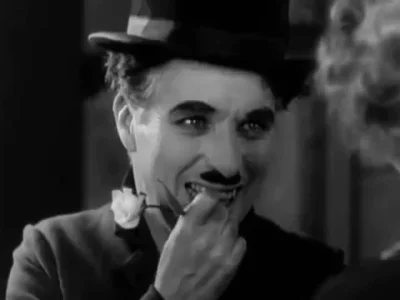SarahBS
Permanent Fixture
- MBTI
- INFJ
Hello everyone 
To provide a clear description of what we're doing in this club:
Where it all started:
Partner to watch movies
Week 0: Introduction - The Beginning of Cinema Still needs my attention
Week 1: The Birth of a Nation (1915)
Week 2: Battleship Potemkin (1925)
-----------
We never made it to week three which was Battleship Potemkin (1925) since...well...we found out we were not interested in watching it after all.
So we are going to skip The Soviet Montage and German Expressionism and move on to The Pursuit of Silence
Week 3: The Pursuit of Silence
Director: Charlie Chaplin
Film: City Lights (1931)
[MENTION=13909]Satori[/MENTION] [MENTION=5601]ezra[/MENTION] [MENTION=1669]Gist[/MENTION] [MENTION=11651]Artisan[/MENTION] [MENTION=5667]Jacobi[/MENTION] [MENTION=13900]Breathlessangel[/MENTION]
To provide a clear description of what we're doing in this club:
Where it all started:
Partner to watch movies
Week 0: Introduction - The Beginning of Cinema Still needs my attention
Week 1: The Birth of a Nation (1915)
Week 2: Battleship Potemkin (1925)
-----------
We never made it to week three which was Battleship Potemkin (1925) since...well...we found out we were not interested in watching it after all.
So we are going to skip The Soviet Montage and German Expressionism and move on to The Pursuit of Silence
Week 3: The Pursuit of Silence
Director: Charlie Chaplin
Film: City Lights (1931)
[MENTION=13909]Satori[/MENTION] [MENTION=5601]ezra[/MENTION] [MENTION=1669]Gist[/MENTION] [MENTION=11651]Artisan[/MENTION] [MENTION=5667]Jacobi[/MENTION] [MENTION=13900]Breathlessangel[/MENTION]
Last edited:


